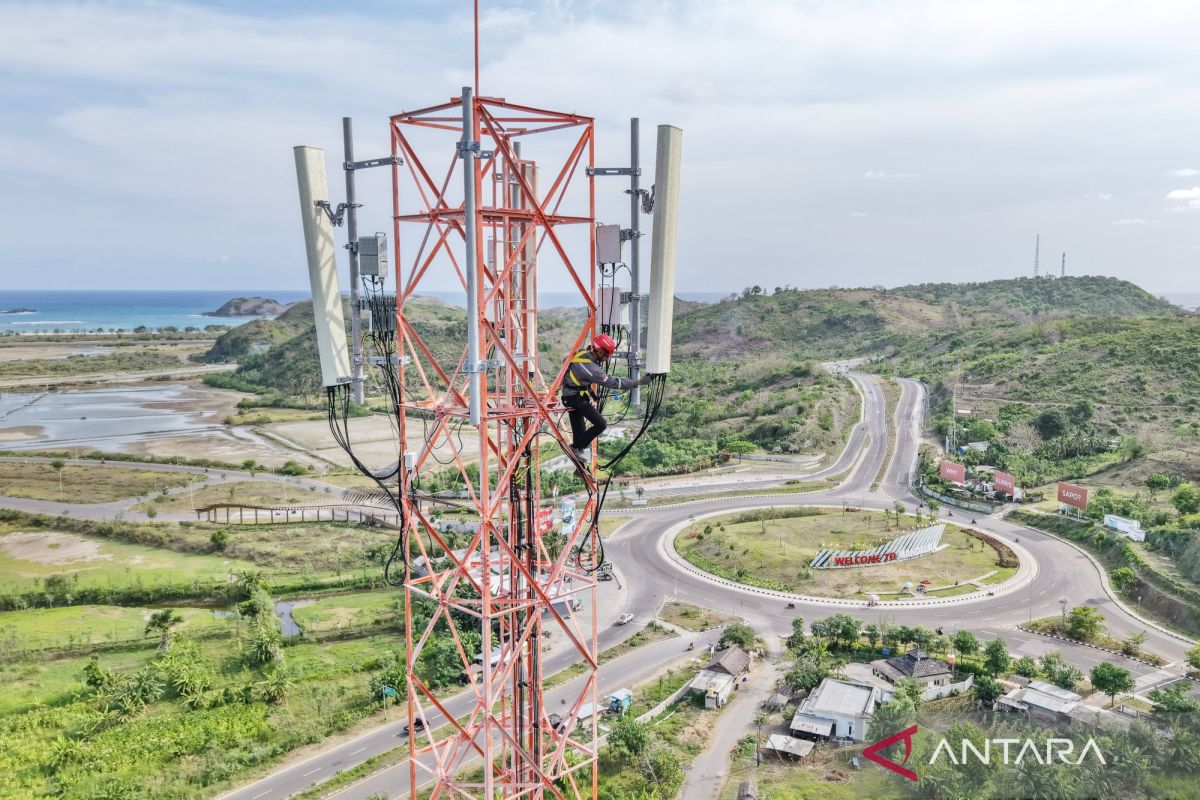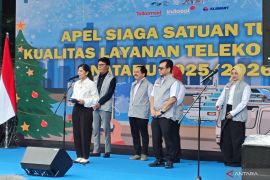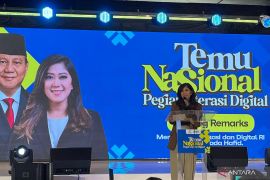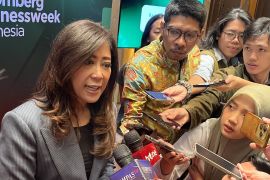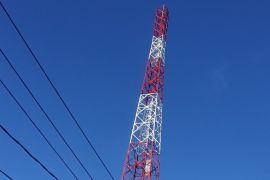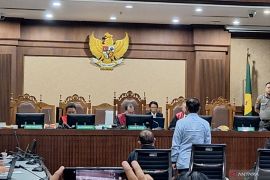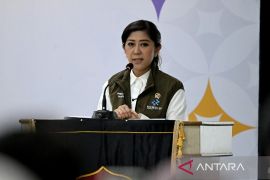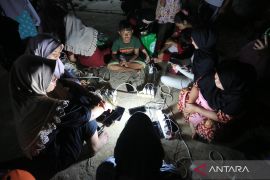“In several regions, we have begun to use energy sources other than electricity from PLN, such as solar energy,” Komdigi Ministry’s Expert Staff for Social, Economic, and Cultural Affairs Raden Wijaya Kusumawardhana noted.
During a discussion session held in Jakarta on Thursday, he explained that the initiative had been implemented for BTS located in hard-to-reach areas, such as Papua and Highland Papua provinces, to ensure uninterrupted internet access for residents.
“It is important to complement digital infrastructure with physical infrastructure and energy,” he said. “Energy is essential to advancing digitalization efforts.”
He further said that although solar panels generate less energy than conventional generators, they have successfully powered BTS, allowing the towers to connect essential institutions to the internet for public services.
“At the very least, these BTS can provide internet access to educational and health institutions, as well as government offices responsible for defense and security affairs,” Kusumawardhana stated.
Last June, Komdigi Minister Meutya Hafid emphasized that the government is responsible for ensuring nationwide internet coverage, including in 3T regions, in line with the constitutional mandate for social justice and equitable development.
“Digital transformation is not feasible without sound connectivity. In his grand vision, President Prabowo Subianto has affirmed that public services will be digitalized. Thus, it is critical that we ensure internet connectivity extends to remote and border areas,” she said.
Hafid acknowledged that developing digital infrastructure equitably across Indonesia remains a major challenge, given the country’s vast territory of more than 17 thousand islands and nearly 300 million people.
She also underlined the importance of complementing infrastructure development with continuous efforts to maintain telecommunication service quality, stressing that patience and tenacity are key to the digital connectivity agenda.
Related news: Indonesia expands rural energy access with community programs
Related news: East Kalimantan seeks investment in renewable power plants
Related news: Indonesia's Prabowo pushes solar power, sea wall, cassava program
Translator: Farhan A, Tegar Nurfitra
Editor: Azis Kurmala
Copyright © ANTARA 2025
